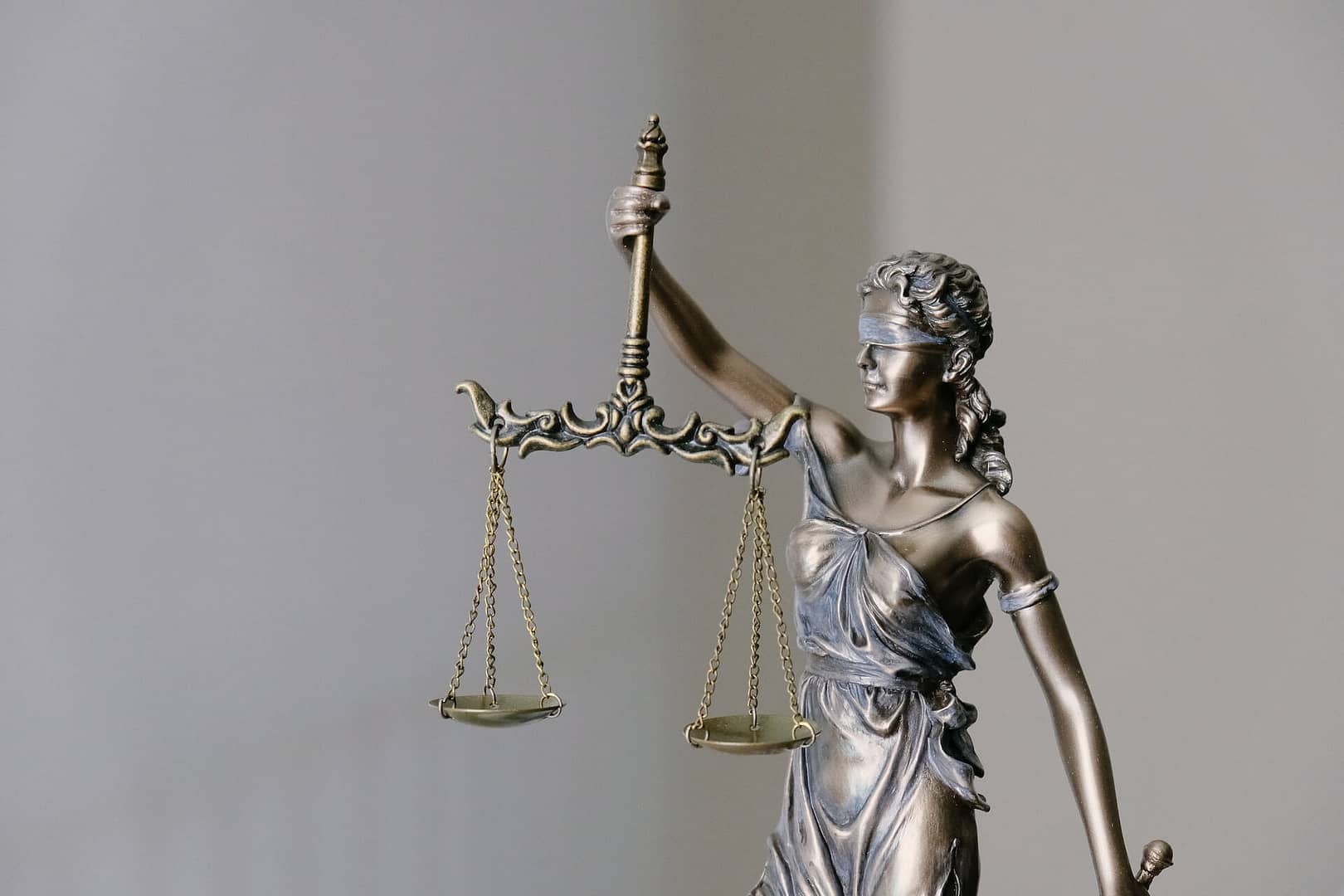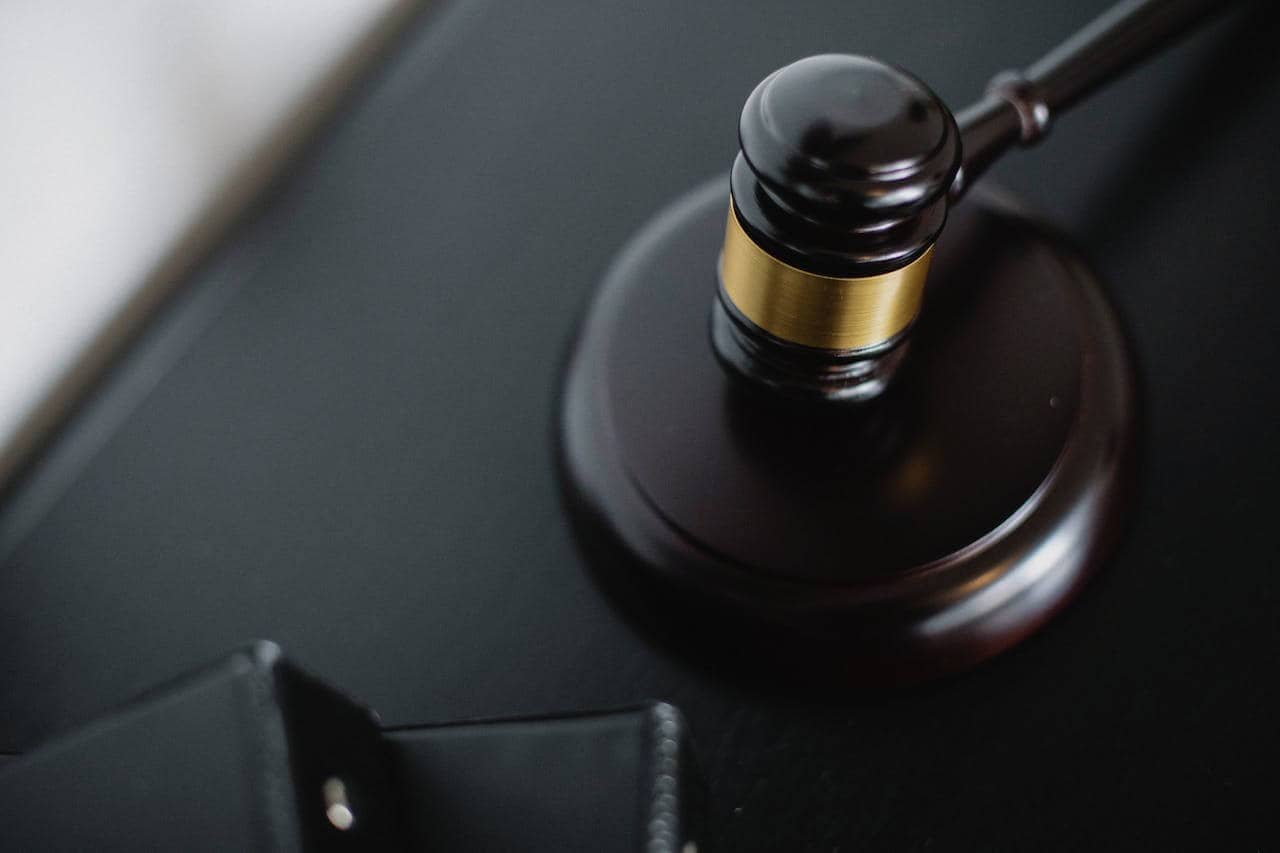In the realm of personal injury law, proving fault is the cornerstone of any successful claim. Whether you’ve been injured in a car accident, a slip and fall incident, or any other unfortunate circumstance, the burden of proving fault lies squarely on your shoulders. If you’re pursuing a personal injury case in Scotland, this article will guide you through the intricate process of proving fault, highlighting what needs to be established and the strategies that can lead to a favorable outcome.
Understanding the Importance of Proving Negligence
At the heart of every personal injury case is the concept of negligence. Negligence, in a legal context, refers to the failure of an individual or entity to exercise reasonable care, resulting in harm or injury to another person. In order to prevail in a personal injury case, you must convincingly demonstrate that the other party’s negligence was the primary cause of your injuries.
The Four Elements of Negligence
To prove fault in a personal injury case in Scotland, you must establish four key elements of negligence:
Duty of Care: The first element is demonstrating that the defendant owed you a duty of care. This means showing that they had a legal obligation to act in a manner that would not put others at an unreasonable risk of harm. For example, all drivers have a duty of care to operate their vehicles safely and obey traffic laws.
Breach of Duty: The second element requires proving that the defendant breached their duty of care. You must illustrate that the defendant failed to meet the standard of care that a reasonably prudent person would have exercised under similar circumstances. For instance, if a driver runs a red light and collides with your vehicle, they may have breached their duty of care.
Causation: Establishing causation is vital. You must show a direct link between the defendant’s breach of duty and your injuries. In essence, you need to prove that the defendant’s actions were the proximate cause of your harm. If the red-light-running driver’s actions caused your injuries, this element is satisfied.
Damages: Finally, you must provide evidence of actual damages resulting from the defendant’s negligence. These damages can encompass medical bills, lost wages, pain and suffering, and any other losses incurred due to the injury.
The Role of Evidence in Proving Fault
To prove these elements, evidence is your most potent weapon. The strength of your case relies heavily on the quality and quantity of evidence you can present. Let’s delve into the types of evidence commonly used to establish fault in personal injury cases in Scotland.
Eyewitness Testimony
Eyewitnesses can play a pivotal role in supporting your claim. Their statements, provided under oath, can help establish the sequence of events and confirm the defendant’s negligence. For instance, if someone witnessed the red-light-running driver causing the accident and injuring you, their testimony can be invaluable.
Police Reports
In many personal injury cases, law enforcement officers respond to the scene and compile accident reports. These reports often include critical details about the incident, such as the parties involved, witness statements, and the officer’s opinion regarding fault. Obtaining a copy of the police report can bolster your case.
Medical Records
Your medical records are a fundamental piece of evidence. They document the extent of your injuries, the treatment you received, and the associated costs. Medical records serve as concrete proof of the damages you’ve suffered due to the defendant’s negligence.
Expert Witness Testimony
In complex cases, expert witnesses may be called upon to provide specialized knowledge and opinions. For example, in a medical malpractice case, a medical expert could testify about the standard of care and how the defendant’s actions deviated from it. Their testimony can be instrumental in proving breach of duty and causation.
Photographs and Videos
Visual evidence, such as photographs and videos, can be compelling in personal injury cases. These visual records can depict the accident scene, the extent of property damage, and your injuries. They provide a clear and objective representation of the situation.
Documentation of Losses
Maintaining meticulous records of your losses is crucial. Keep all invoices, receipts, and other documents related to medical bills, property damage, and any other expenses incurred due to the injury. These documents substantiate your claim for damages.
Making a Personal Injury Claim with National Claims
At National Claims, we understand that navigating a personal injury case can be a daunting task. That’s why we’re here to help you every step of the way, providing you with expert guidance and support throughout the claims process and to ensure that your claim is handled professionally and efficiently.

Benefits of National Claims
Legal Expertise: National Claims possess a deep understanding of the law, helping you navigate the complexities of your case.
Resource Access: We have access to a network of experts and resources to bolster your case, including investigators, medical professionals, and accident reconstruction specialists.
Peace of Mind: Knowing that a seasoned professional is handling your case can alleviate stress and allow you to focus on your recovery.
Conclusion
Proving fault in a personal injury case in Scotland is a multifaceted process that demands a careful combination of evidence, legal strategy, and skilled representation. By understanding the elements of negligence, gathering compelling evidence, and enlisting the assistance of us at National Claims, you can enhance your chances of successfully establishing fault and obtaining the compensation you deserve. Remember, when it comes to personal injury claims, diligence and perseverance are key to achieving justice. If you require assistance with your personal injury claim, consider reaching out to National Claims for expert guidance and support.
Contact us today to get a start on your claim and to speak to one of our claims specialists.
Click below to see why we are one of the most trusted claims management companies in the UK.

We’re proud of our excellent customer reviews
We thrive on delivering exceptional service and ensuring our clients’ satisfaction. Don’t just take our word for it. Check out some of our independent reviews to see what our clients have to say.
Excellent

This firm is excellent, they sorted out my car pay out and injury claim very fast, they always communicate with you all the time.

My accident case was dealt with confidence and with great result of the outcome, especially James kept me informed all the time.

I was very impressed at the way my inquiry was treated. I was listened to attentively and everything I needed to know was explained to me.






